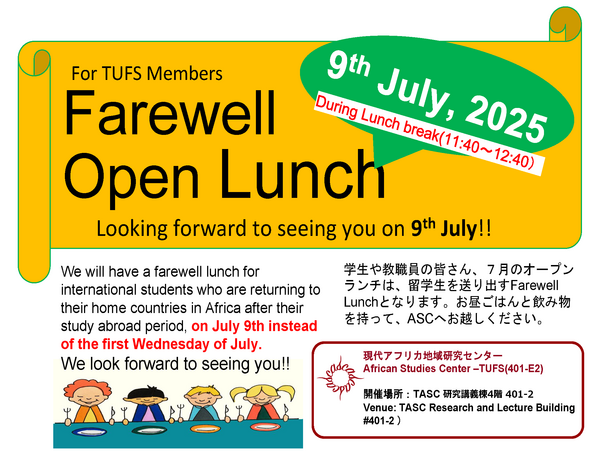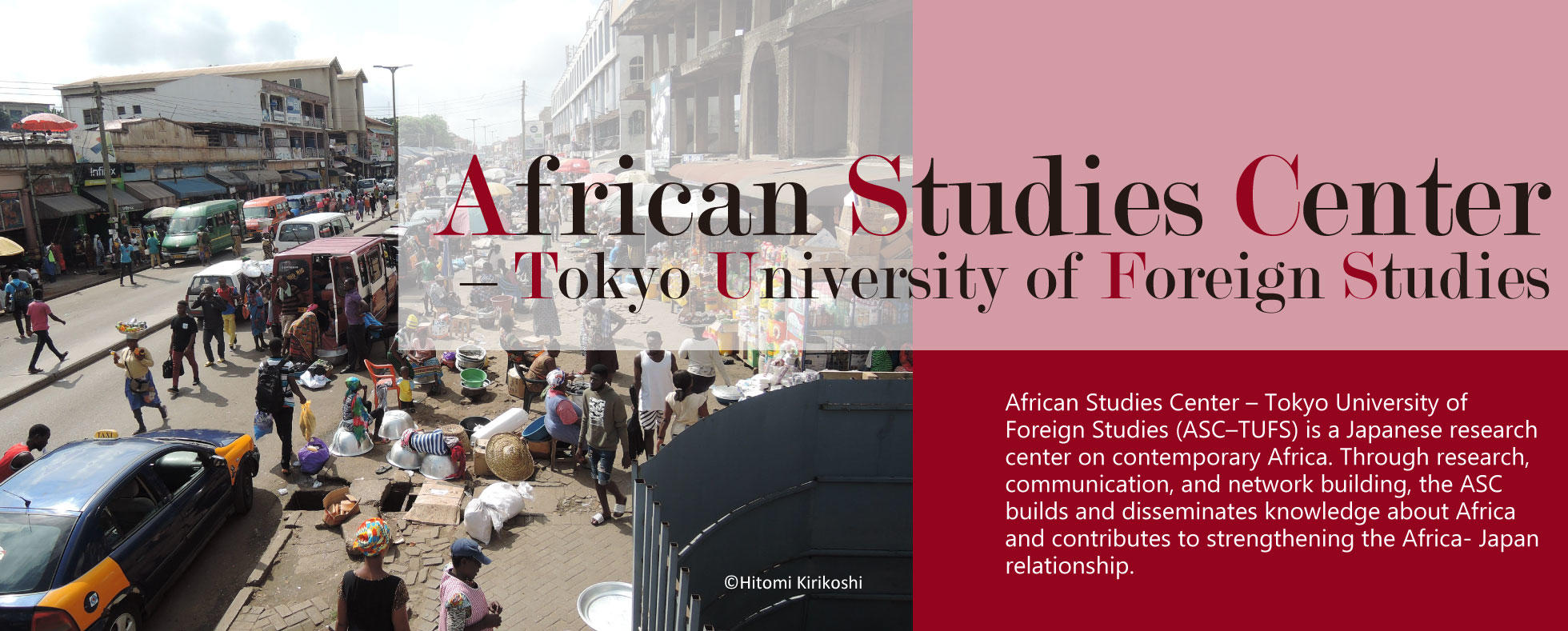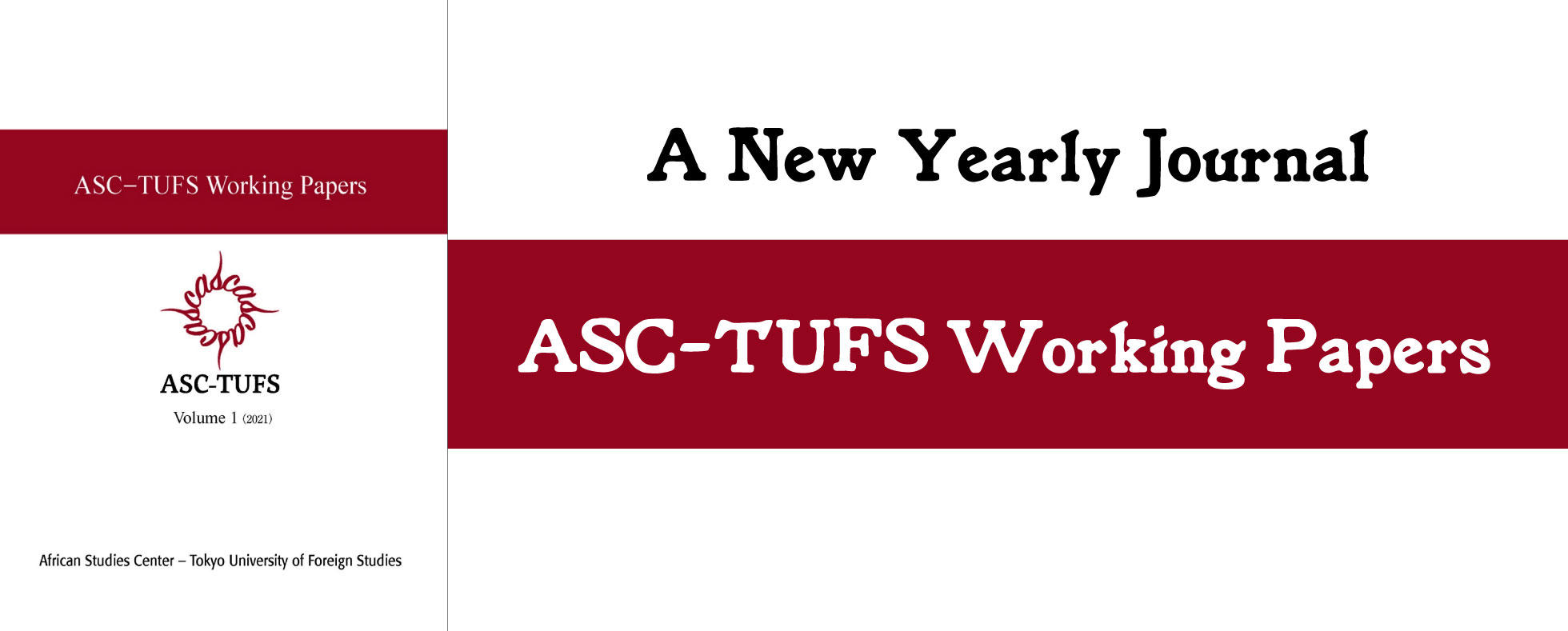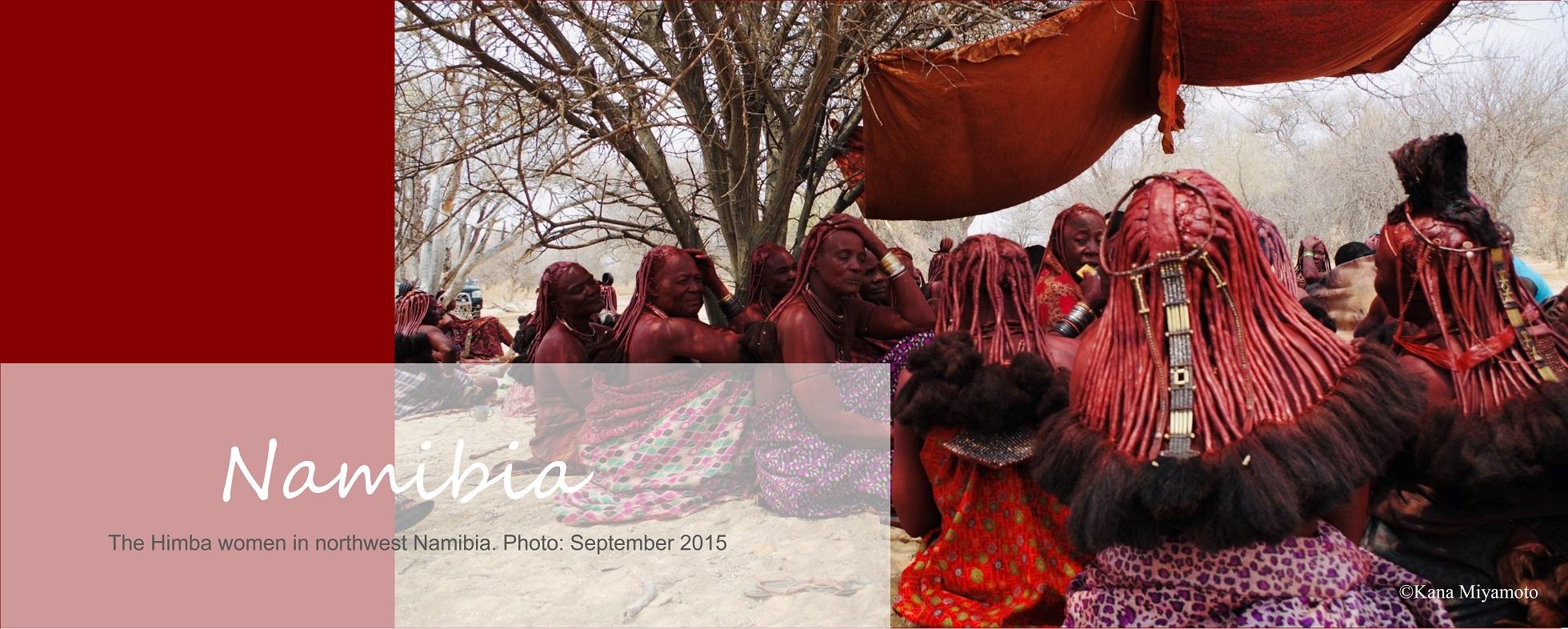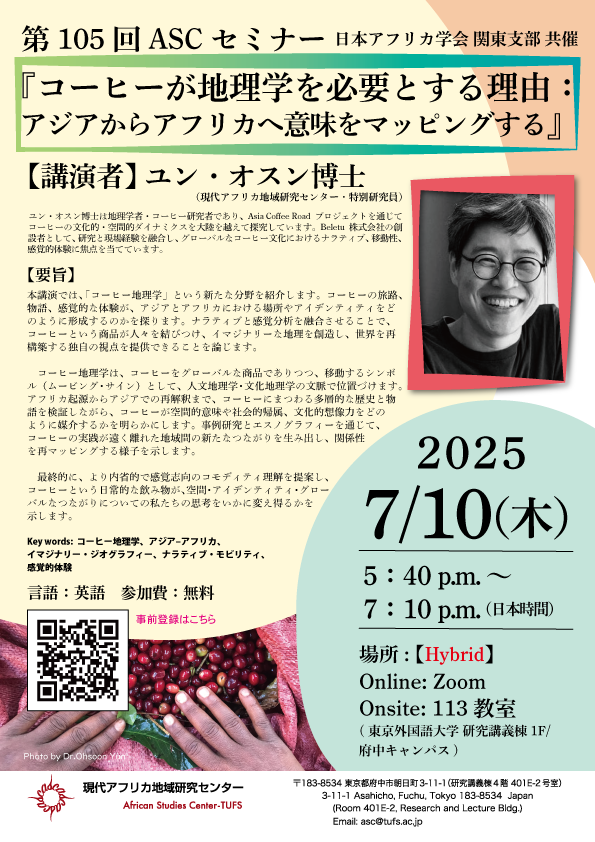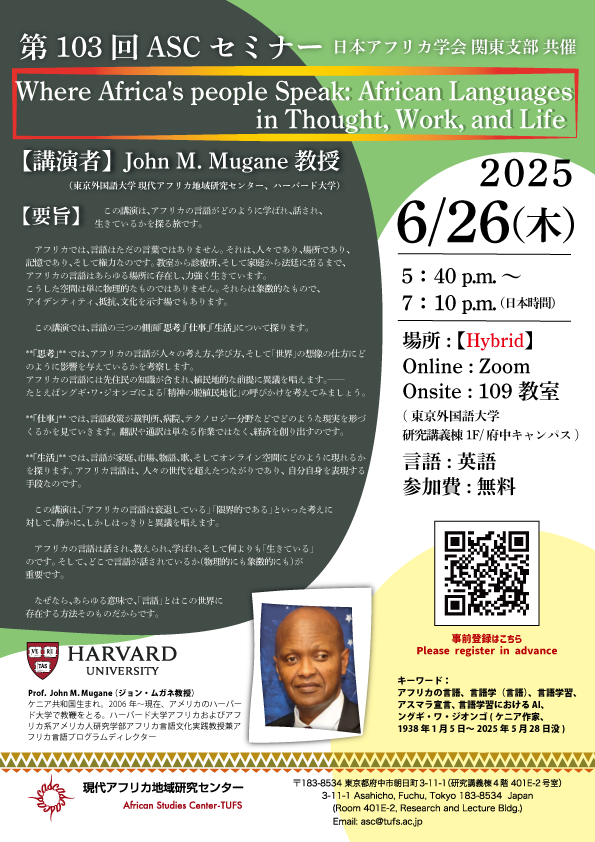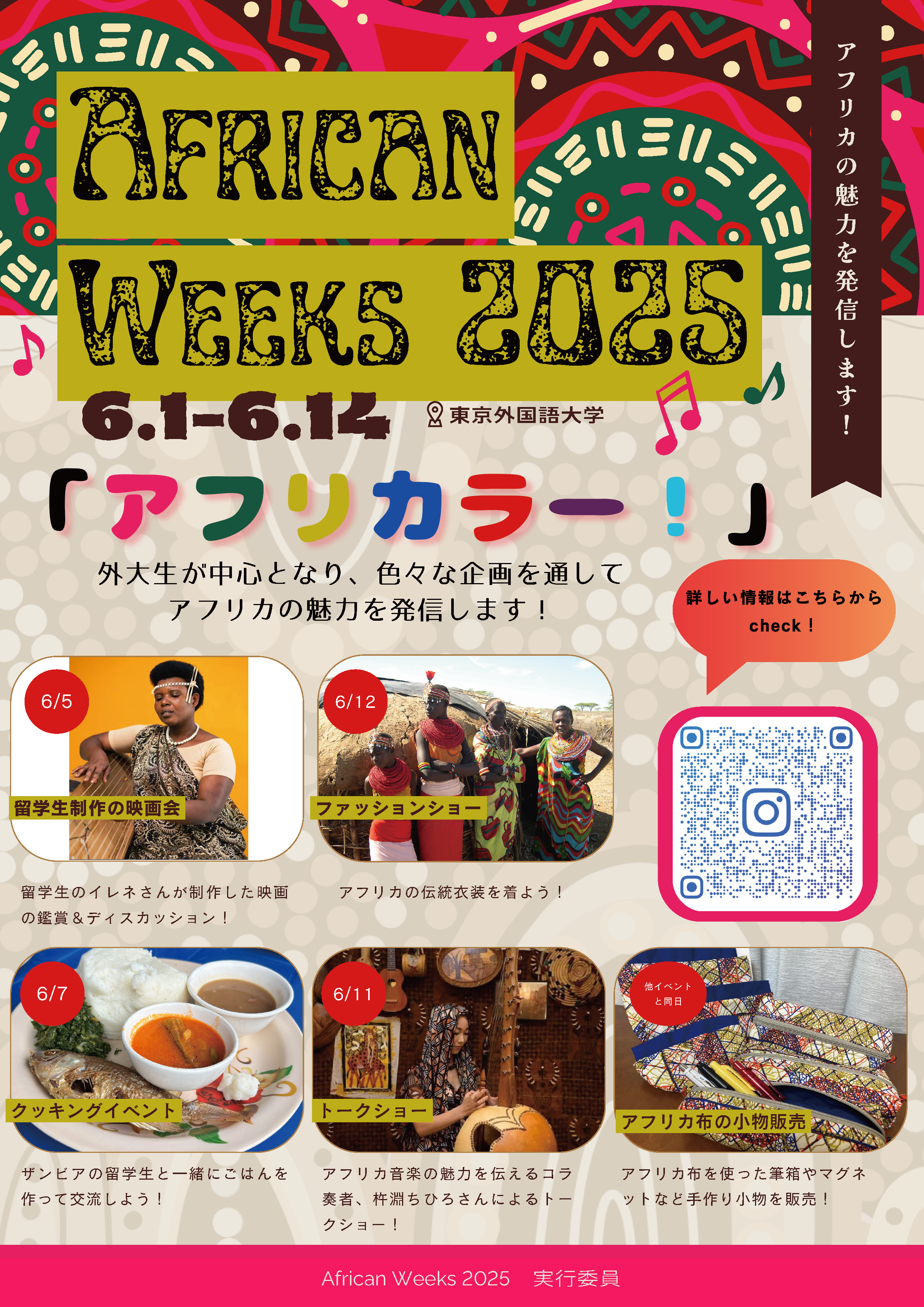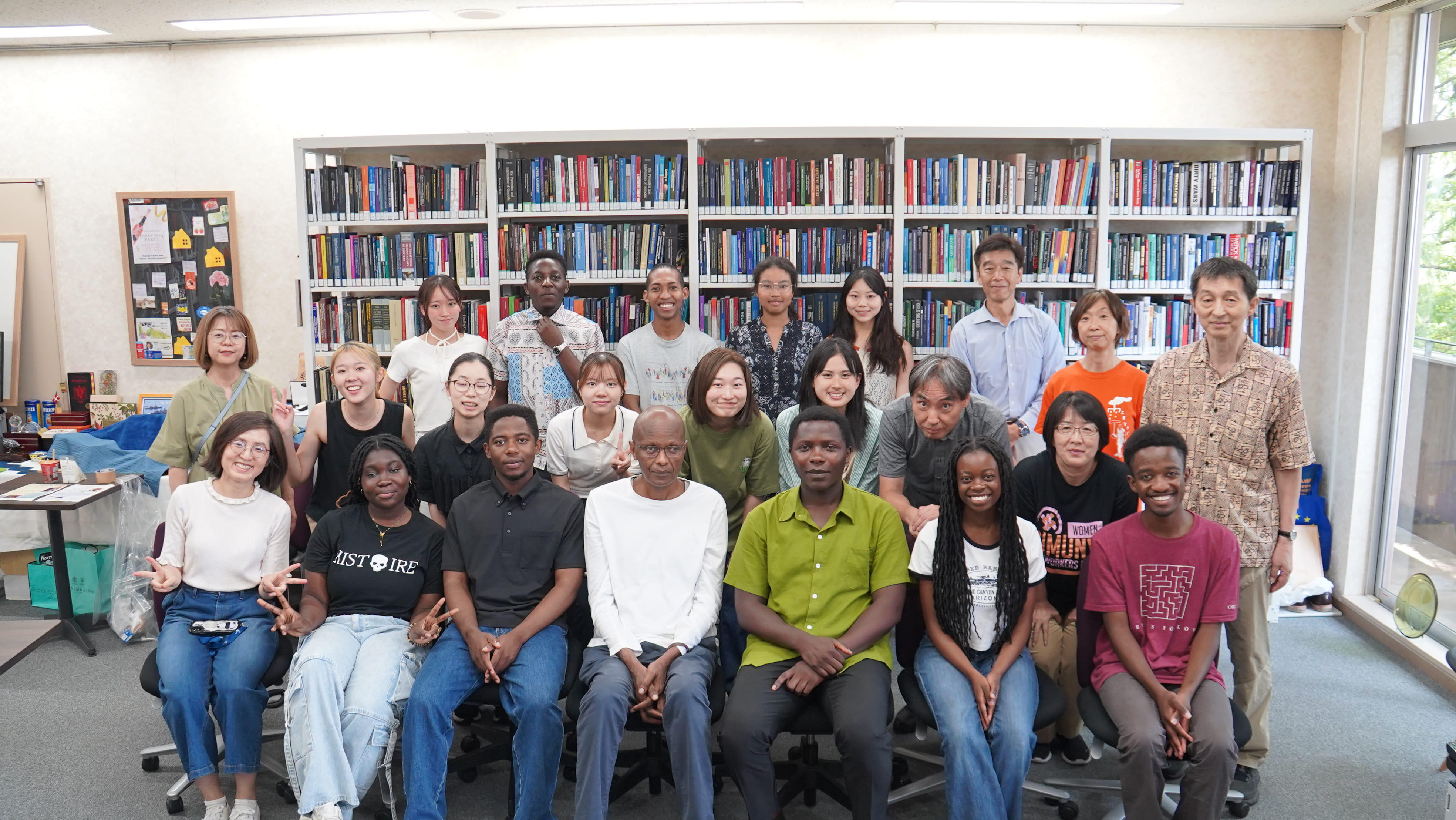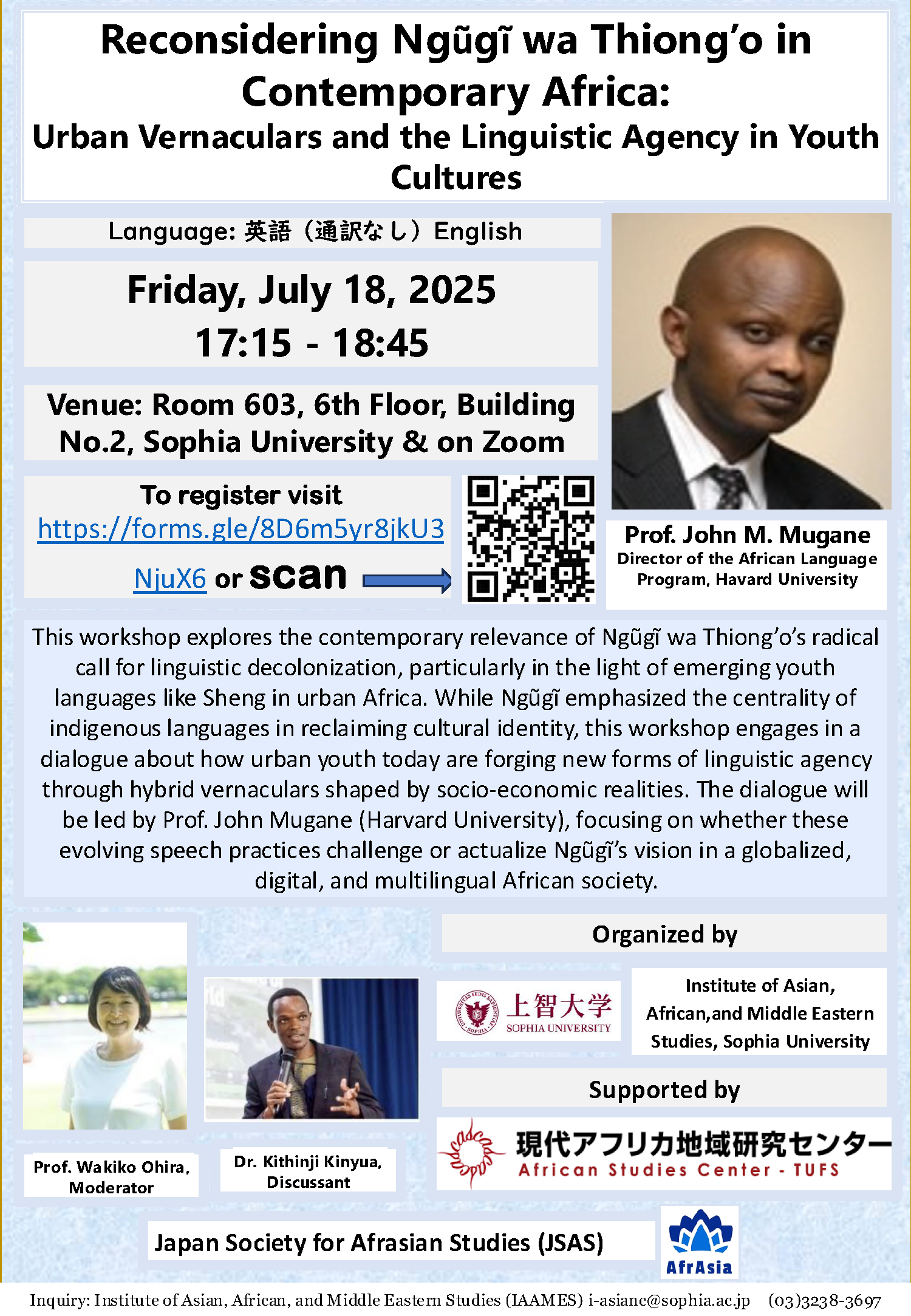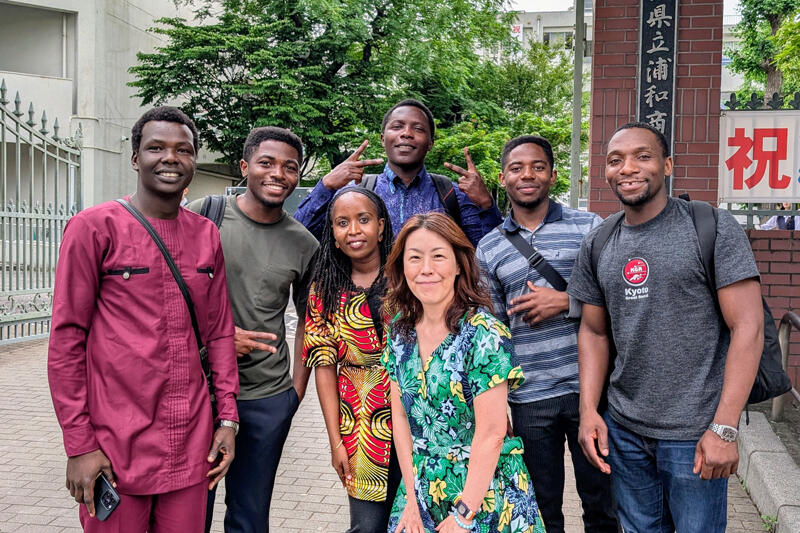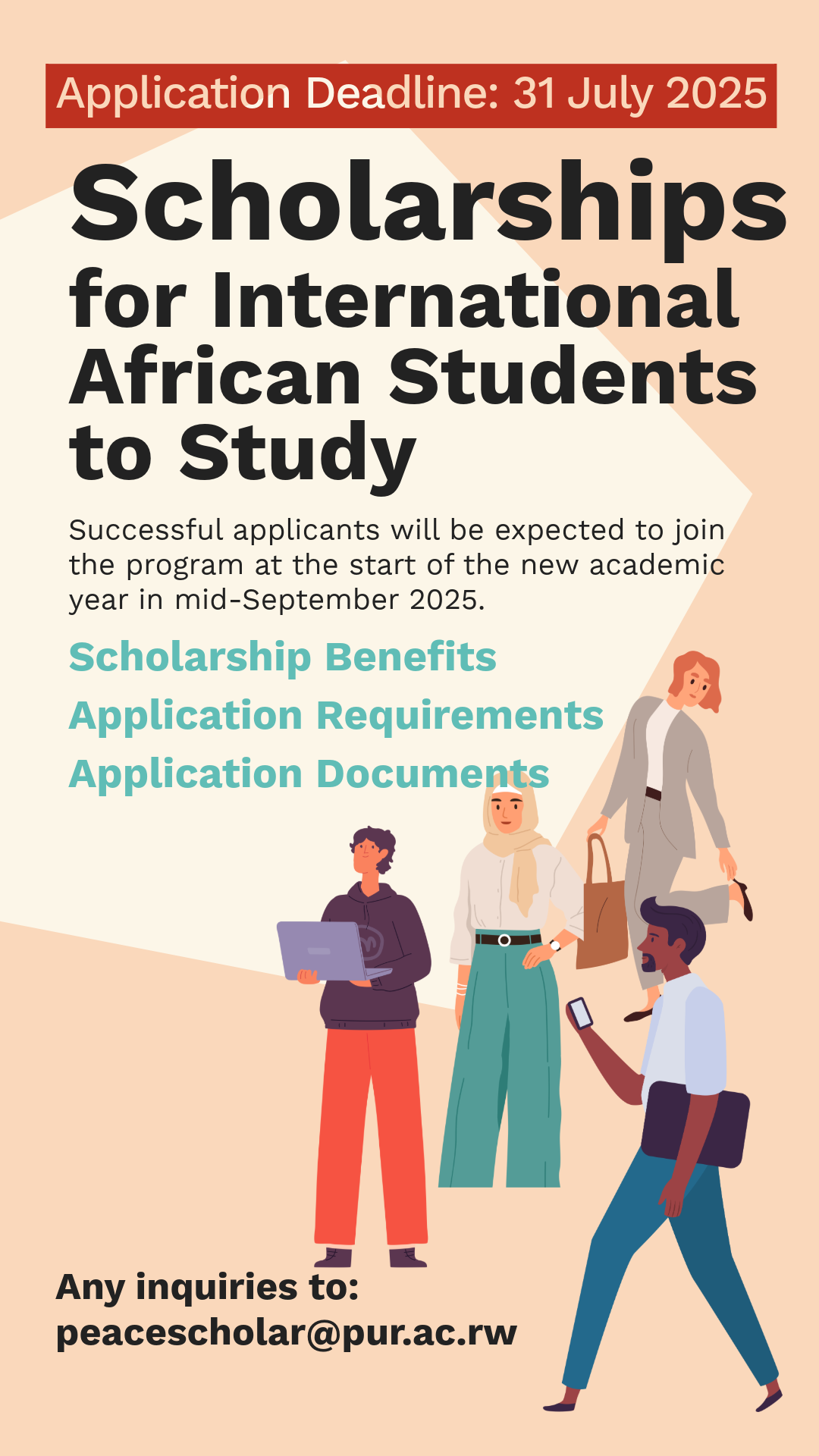26 June,2025 17:40~19:10
The 103rd ASC Seminar "Where Africa's people Speak: African Languages in Thought, Work, and Life"
Title: "Where Africa's people Speak: African Languages in Thought, Work, and Life"
Abstract:
This talk is a journey into how African languages are learned, spoken, and lived--not just studied. In African contexts, language is never just words; it's people, place, memory, and power.
From classrooms to clinics, from homes to courtrooms, African languages are everywhere--vibrant and alive. These spaces aren't just physical.
They're symbolic too: sites of identity, resistance, and cultural affirmation.
I'll explore three dimensions of language: Thought, Work, and Life.
In Thought, we look at how African languages shape how people think, learn, and imagine the world. They carry indigenous knowledge and challenge colonial assumptions--just think of Ngũgĩ wa Thiong'o's call to decolonize the mind.
In Work, we see how language policies shape real outcomes in courts, hospitals, and tech spaces. Translation and interpretation are not just services--they're economies.
In Life, language shows up in homes, markets, stories, songs, and online spaces.
It's how people connect across generations and express who they are.
This talk pushes back--quietly but clearly--against the idea that African languages are fading or marginal.
They are spoken, taught, learned, and most importantly, lived. And where they're spoken--physically and symbolically--matters. Because in every sense, language is a way of being in the world.
◆Speaker: Prof. John M. Mugane(Visiting professor , African Studies Centre, Tokyo University of Foreign Studies / Professor, Harvard University)
◆Date:Thursday, June 26th, 2025/ 5:40p.m.~7:10p.m.(JST) 8:40a.m.~10:10a.m.(GMT)◆Venue:Hybrid・Onsite Room109(1F Research and lecture bldg.,TUFS Fuchu Campus)& Online(ZoomMeeting)・Access:https://www.tufs.ac.jp/abouttufs/contactus/access.html◆Language:English◆Addmission fee:FREEPlease pre-register in advence from here. Or Use QR Code.
Registration deadline: Noon June 26th, 2025 (Wed)The Zoom link will be sent after you pre-registerd.
◆Jointly organized by African Studies Center - TUFS and Kanto Branch of Japan Association for African Studies
Report
The 103rd ASC Seminar was held in a hybrid format with 51 participants (25 face-to-face and 26 online).
Prof. John M. Mugane spoke on "Where Africa's people Speak: African Languages in Thought, Work, and Life." being followed by lively discussion among Japanese and African scholars.
ASC Seminars
